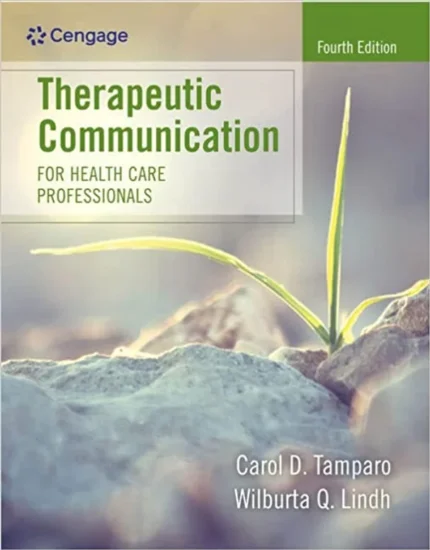The Psychology of False Confessions:
Editorial Reviews
Review
“Police investigators, judges, fact finders, and legal professionals must be constantly aware of the potential fragility of suspects’ confessions, even when they seem convincing on first glance. This book sheds light on why this is the case and should be required reading for anyone working in the criminal justice system.”
–Counsel Magazine
“The Psychology of False Confessions blends Dr. Gudjonsson’s early career as a police detective in Iceland with his decades of expertise as a false confession expert. This book unravels the complex web that led to the wrongful conviction of innocent individuals based solely on their confessions.
There is often tension between psychology and criminal justice, particularly when psychological findings challenge deeply held beliefs—such as the assumption that an innocent person would never confess to a serious crime. Dr. Gudjonsson’s unwavering integrity and courage in confronting opposition have had a lasting impact on our understanding of police-induced confessions. This book is essential for anyone interested in psychology, law, and the exoneration of the innocent.”
–Lorca Morello, July 2020
From the Inside Flap
The Psychology of False Confessions: Forty Years of Science and Practice offers a thorough and up-to-date exploration of the science behind false confessions.
Several decades ago, little was understood about why innocent people confess to crimes they didn’t commit. Thanks to the groundbreaking work of Gisli H. Gudjonsson, much has changed. This insightful book details how the study of false confessions emerged, from its early stages to its development into a formal area of psychological study.
Gudjonsson, an Icelandic-British clinical forensic psychologist who worked as a detective in Reykjavik in the mid-1970s, offers a complete analysis of this critical issue. The book explores the psychological processes that drive people to confess to crimes, even when they are innocent.
Based on Gudjonsson’s personal involvement in Iceland’s most notorious murder investigations, as well as other landmark cases, The Psychology of False Confessions takes readers into the minds of those interrogated by police. It also analyzes the “Reykjavik Confessions,” offering important insights into how coerced and internalized false confessions happen and the long-lasting effects they have on memory. The book is split into three sections: the history of false confession research, an in-depth look at the Reykjavik case, and a psychological analysis of the confessions from those convicted.
Key Features:
- A deep dive into the psychological mechanisms behind coerced and internalized false confessions.
- A detailed look at Iceland’s most sensational murder case.
- The long-term effects of false confessions on memory and the justice system.
- Essential reading for criminologists, psychologists, law professionals, and anyone interested in the intersection of psychology and criminal law.
From the Back Cover
The Psychology of False Confessions: Forty Years of Science and Practice is a thorough examination of why false confessions happen—even when the confessor is completely innocent. Written by Gisli H. Gudjonsson, a renowned expert in forensic psychology, this book brings a wealth of knowledge about how psychological factors influence confessions and the profound effects they have on the criminal justice system.
Gudjonsson, a former detective and a leading expert in forensic psychology, presents a transformative approach to understanding false confessions. His work has had a significant influence on how we view police-induced confessions and the flaws in the criminal justice system. This book is a vital resource for students, academics, criminologists, and professionals in clinical, forensic, and social psychology.
About the Author
GISLI H. GUDJONSSON, CBE, PHD, is an Emeritus Professor of Forensic Psychology at the Institute of Psychiatry, Psychology & Neuroscience, King’s College London, and a Professor of Psychology at Reykjavik University. He is a Fellow of the British Psychological Society and a registered clinical and forensic practitioner with the Health Care Professions Council (HCPC).
.https://natashabookstore.com/books/principles-of-anatomy-and-physiology/












Reviews
There are no reviews yet.